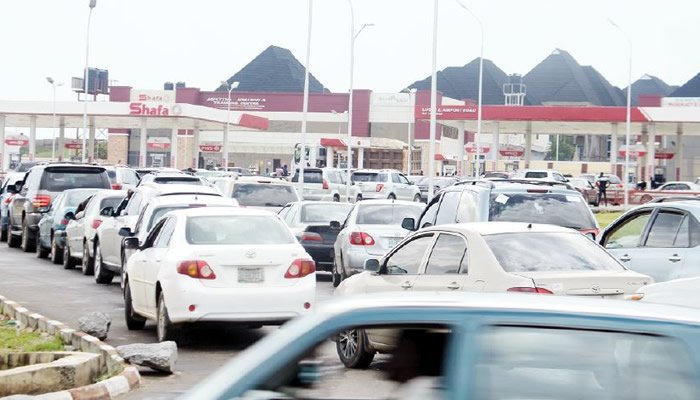
President Bola Tinubu, in Berlin, Germany, yesterday, told international investors that beyond Nigeria’s natural resources, the citizens, who are highly educated, skilled and naturally industrious, are the primary asset and advantage the country wields over other nations in the global race for new investments.
The President spoke at a panel discussion titled, ‘Fostering local value chains and investments in Africa – The role of the German private sector’ at the G20 Compact with Africa Economic Conference, hosted by German Chancellor Olaf Scholz.
The Nigerian leader observed that while promotion of rule of law is crucial for attracting foreign investments, the most populous black nation’s energetic, youthful population and well-educated populace represent the greatest incentive provided to investors toward the mutually-beneficial replication of China’s economic resurgence.
He said: “We are dogged in our pursuit of natural gas development today, in tandem with hydrogen production for tomorrow. The world knows Nigeria as a leader in the energy sector. Our vast gas deposits and business-friendly environment make us an attractive investment destination. But we are going a step further now. We are creating fiscal responsibility and tax reforms, as we reform our financial institutions to expeditiously accommodate foreign investments.
”We are eager and ready to partner with you. We have the youngest, largest, and most vibrant youth population in Africa. Equally, we have every ingredient required in the making of a modern economy: a well-educated population, a massive market, and the political will to bring it all together under my leadership.”
Tinubu added that Africa “has moved beyond the false past notions of business disincentivisation and poor adherence to the rule of law. We now fully recognise the nexus between the inflow of investor money and the sanctity of contracts. We want to partner on the basis of who we are and what we do, rather than on the basis of long-held misconception.”
Speaking earlier, Scholz acknowledged the dynamic and evolving nature of economic relations between the developed and developing nations of the world, as he positions Germany to enhance partnership with Nigeria and Africa on a mutually-beneficial basis.
He said: “To be clear, this is not about traditional development aid with donor-recipient schemes. Instead, we now focus on investments that yield benefits for both parties. In Germany, as we strive for climate neutrality by 2045, we anticipate a substantial demand for green hydrogen, a considerable portion of which we plan to import, including from Africa.”




